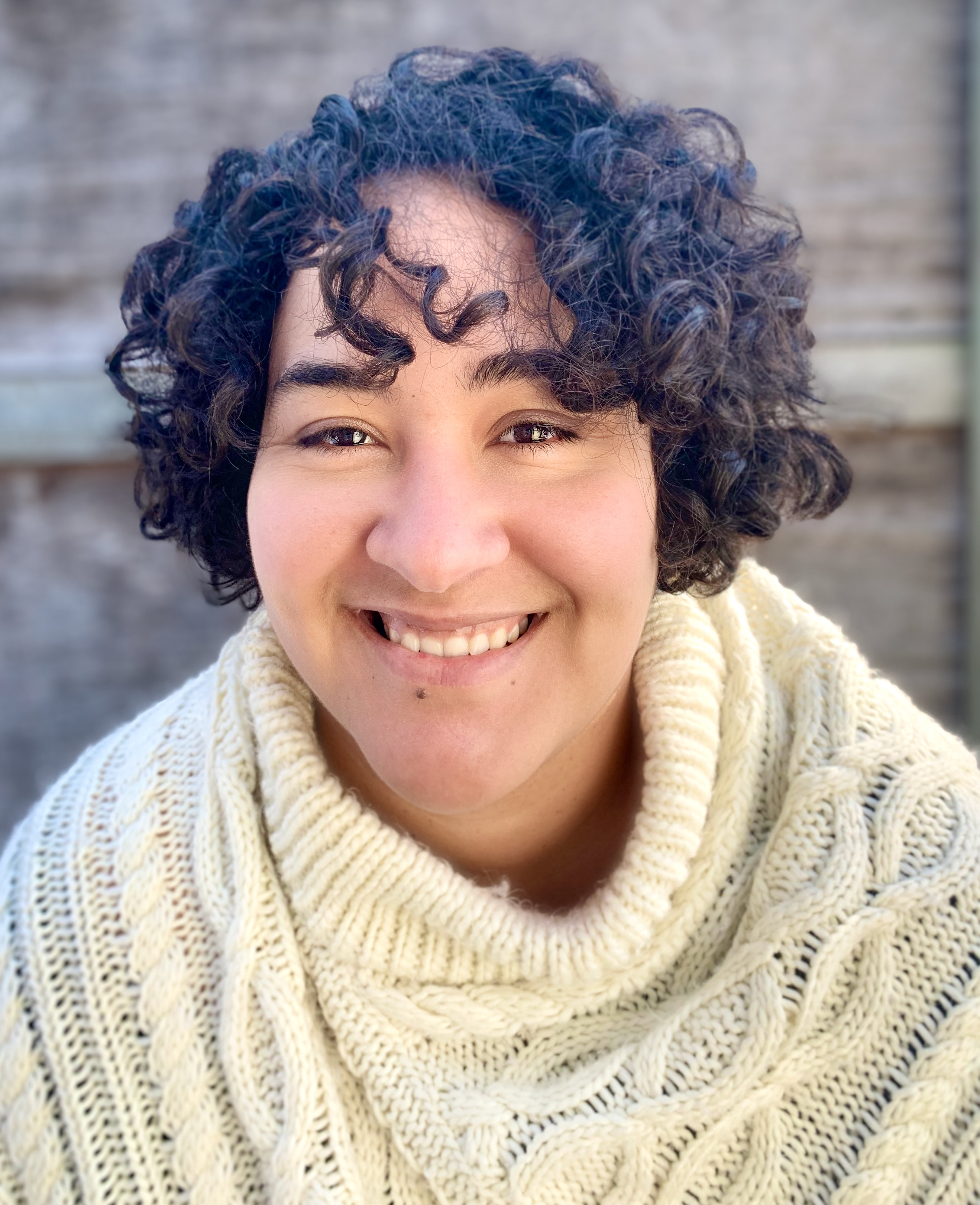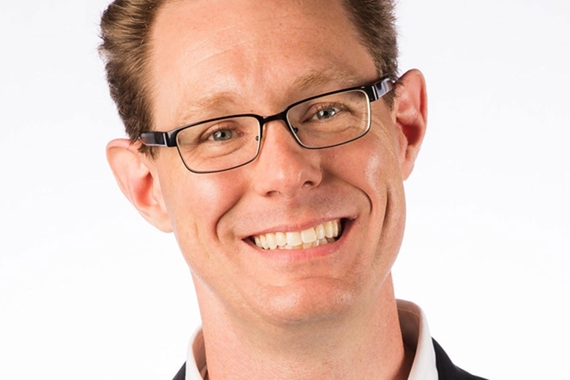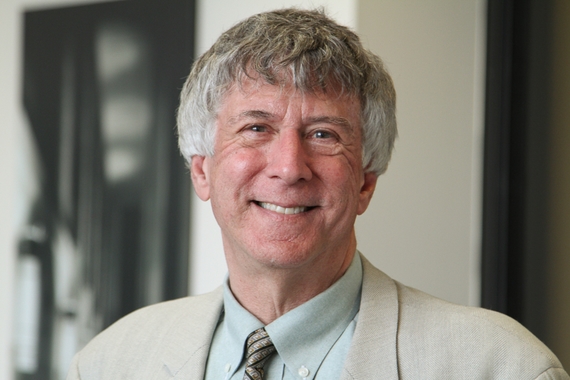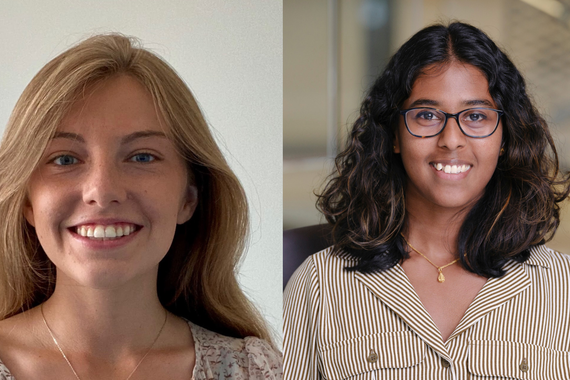Interview with Lovey Peissig
In honor of Black History Month, we spoke with three PhD alumni from the Counseling Psychology program to learn about what drew them to Psychology and how they are now making an impact as professionals. They also told us about why it is essential that we work to increase Black representation in our program, the profession, and the field.
Lovey Peissig, Ph.D. ‘16

Lovey (Walker) Peissig, Ph.D., originally from Kaneohe, HI, came to the University of Minnesota from rural Gambier, OH where she completed her undergraduate BA in Psychology. When she first visited for the graduate Welcome Program, which was in the middle of winter, she was struck by how many people were outside enjoying the cold weather; “It hit me that people make the most out of anything great. That really spoke to me. I had a mentor in college who said that when you look at grad school, can you picture being there for a long time? I said absolutely.” Peissig found the Department of Psychology at the University of Minnesota, and especially her two advisors (Professors Rich Lee and Moin Syed), to be a good fit. A decade later, she’s still at the University, now working as the Leadership Development Manager in Leadership and Talent Development (LTD), a branch of the Office of Human Resources (OHR).
At a young age, Peissig self-identified as a helper. She knew she had an interest in psychology - “...even back in high school, AP [Advanced Placement] psych was my favorite class senior year” - and she enjoyed exploring how research could be applied to people. Peissig still likes to help people, “but I’m also interested in finding out what motivates people and how I can help them figure out how to get their goals met.” Now in LTD, she gets to do just that. As the Leadership Development Manager, she manages LTD’s Leadership Development Programs, which include a variety of opportunities for University faculty and staff to build leadership skills to positively impact their departments, employees, and teams. While Peissig acknowledged that switching from being a graduate student in Psychology to a professional staff member in OHR was a “big culture shock,” she is now better able to appreciate “...the larger ecosystem of higher ed...the politics, hierarchies, and access to resources.” With that larger appreciation and understanding in mind, Peissig believes she and her team are well-poised to implement her priorities;
We are now looking inwards and outwards at where work and leadership development needs are headed. I have a voice in incorporating an anti-bias, anti-racism emphasis. In Counseling psych [Department of Psychology], we elevated the voices of folks that were underrepresented in higher education….I now get to have a louder, stronger voice building up the voices of BIPOC faculty and staff.
We know that Black students and professionals are not well-represented in Psychology programs and in the field. When asked what are some of the barriers to Black representation in those spaces, and why it is essential that we change that, Peissig talked about the last year with the pandemic and increased focus on racial and social justice following the murder of George Floyd. She noticed an uptick in Black representation and the effect it had on her personally;
It was an experiment for me to see more Black and bi-racial people in advertising, social media...elevated at the University as faculty, staff, and students. The joy and the feeling of being seen and heard...and this weight off my shoulders of seeing more people that look like me this year in the spaces I encounter online. It’s been such a painful year, so knowing this joy is a powerful thing that I studied in grad school and could talk about with clients, but now I got a flavor of it the last 6-9 months. That’s why we talk about it. You don’t have to see a mentor that looks like you, but it’s so powerful. You don’t have to ask yourself, could I do this someday? I know I can, now how do I get there? That difference is so huge. I want to see more Black psychologists in I-O [Industrial-Organizational] psychology and organizational development research. Where are the Black cognitive psychologists?
Peissig highlighted the importance of attention paid to the retention and well-being of BIPOC students in graduate school. She stated that resources and an effective support team that can address barriers make a huge impact; “Policies and barriers are how systemic oppression lives on. Things like being able to get funding. [Help] with little things that could make or break your day. [In the Department of Psychology] I didn’t have to deal with some of that noise and stress that would [otherwise] burden or push students out.” Peissig also described that her two advisors - Lee and Syed - had strong advising skills and, importantly, knew how to talk about their skills. She said that retention of BIPOC students is not always about the “big shiny things.” It’s also the little things that “benefit all students, but it really benefits students who aren’t expecting to have that access to resources and support.”
To read more about Peissig and the LTD team, as well as their programming, visit their website.


